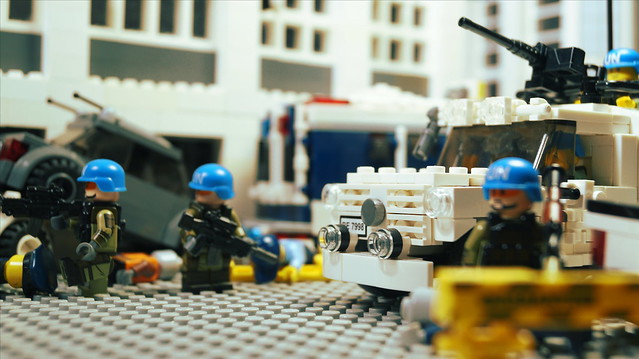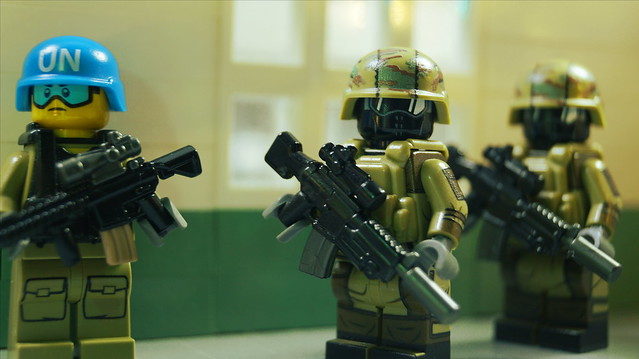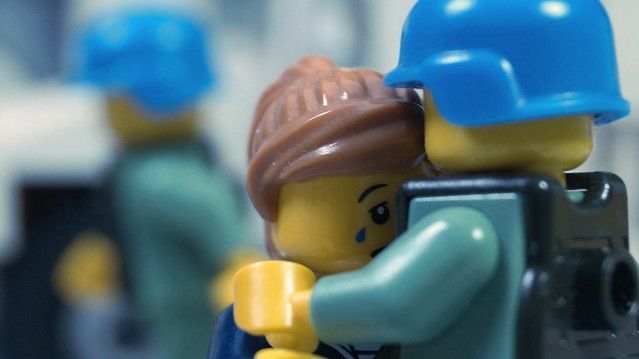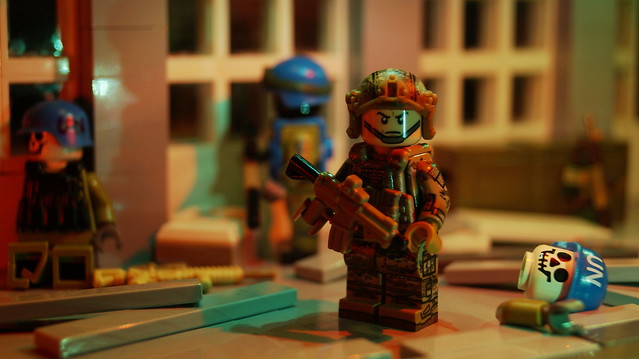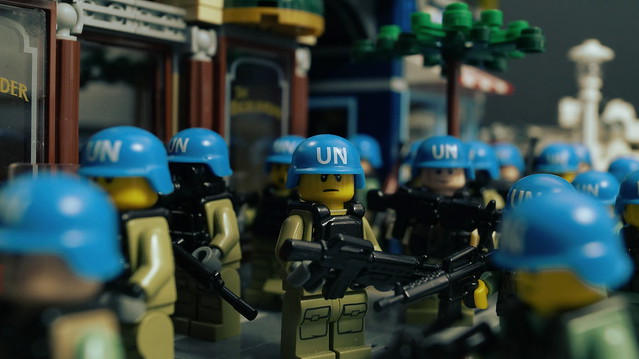- Joined
- Jan 17, 2010
- Messages
- 4,522
- Reaction score
- 5,489
In first phase of the withdrawal, about 2,000 UN troops will leave the restive eastern areas by the end of April.
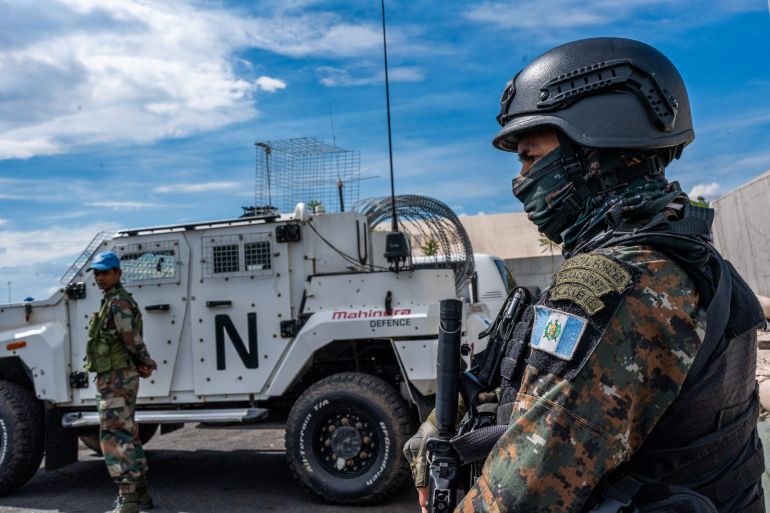
A MONUSCO peacekeeper looks on at the force's base during a field training exercise in Sake, DRC [File: Glody Murhabazi/AFP]
The United Nations peacekeeping mission in the Democratic Republic of the Congo, which has helped in the fight against rebels for more than two decades, will completely withdraw from the country by December.
“After 25 years of presence, MONUSCO will definitively leave the DRC no later than the end of 2024,” Bintou Keita, head of the mission known as MONUSCO said at a media briefing in the Congolese capital Kinshasa on Saturday.
The announcement comes after the Congolese government – which was just re-elected in a disputed vote – called for the UN mission to leave the country, saying it had failed to protect civilians from armed groups.
Numerous armed groups, including the Allied Democratic Forces (ADF) and M23, are active in restive eastern areas such as North Kivu, South Kivu and Ituri provinces, where civilians face violence and displacement.
The withdrawal will take place in three phases.
In the first phase, about 2,000 UN troops will leave South Kivu by the end of April, taking the currently 13,500-strong MONUSCO force to 11,500, Keita said.
Fourteen UN bases in the province will be taken over by Congolese security forces, she explained.
After that, forces in North Kivu and Ituri will also leave.
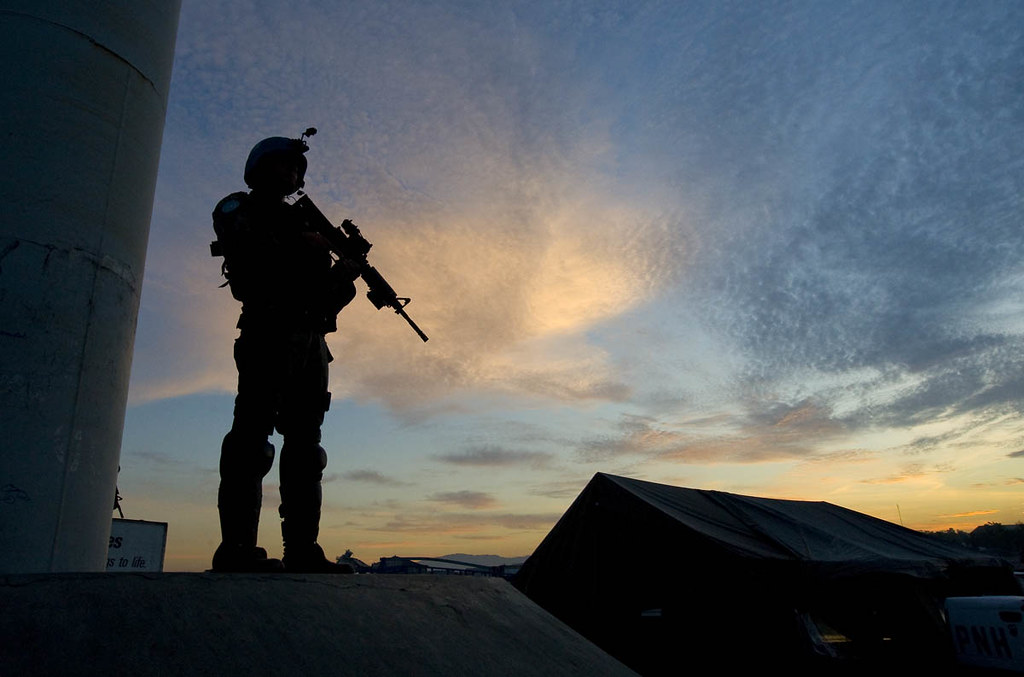
“The withdrawal of MONUSCO does not necessarily mean the end of the fight we are undertaking to protect the territorial interests of our country, we must continue to struggle,” Lutundula said.
MONUSCO took over from an earlier UN operation in 2010 to help quell insecurity in the east of the Central African country, where armed groups fight over territory and resources. But in recent years, its presence has become increasingly unpopular.
In December, the UN’s Security Council voted unanimously in favour of gradually phasing out its peacekeeping operations.
Keita said on Saturday that the end of the mission will not be “the end of the United Nations” in the country.
The Congolese government has also directed an East African regional force, deployed last year to help end the fighting, to leave the country for similar reasons as the UN peacekeeping mission.
More than seven million people have been displaced due to conflicts in DRC, mostly in the three eastern provinces where a myriad of armed groups continue to operate.
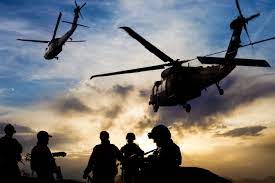
https://www.aljazeera.com/news/2024/1/13/un-says-all-peacekeepers-will-leave-dr-congo-by-end-of-2024

A MONUSCO peacekeeper looks on at the force's base during a field training exercise in Sake, DRC [File: Glody Murhabazi/AFP]
The United Nations peacekeeping mission in the Democratic Republic of the Congo, which has helped in the fight against rebels for more than two decades, will completely withdraw from the country by December.
“After 25 years of presence, MONUSCO will definitively leave the DRC no later than the end of 2024,” Bintou Keita, head of the mission known as MONUSCO said at a media briefing in the Congolese capital Kinshasa on Saturday.
The announcement comes after the Congolese government – which was just re-elected in a disputed vote – called for the UN mission to leave the country, saying it had failed to protect civilians from armed groups.
Numerous armed groups, including the Allied Democratic Forces (ADF) and M23, are active in restive eastern areas such as North Kivu, South Kivu and Ituri provinces, where civilians face violence and displacement.
The withdrawal will take place in three phases.
In the first phase, about 2,000 UN troops will leave South Kivu by the end of April, taking the currently 13,500-strong MONUSCO force to 11,500, Keita said.
Fourteen UN bases in the province will be taken over by Congolese security forces, she explained.
After that, forces in North Kivu and Ituri will also leave.

Not the ‘end of the fight’
Congolese Foreign Minister Christophe Lutundula confirmed to a news conference in Kinshasa that the remaining UN forces are expected to be out of the country by December 31.“The withdrawal of MONUSCO does not necessarily mean the end of the fight we are undertaking to protect the territorial interests of our country, we must continue to struggle,” Lutundula said.
MONUSCO took over from an earlier UN operation in 2010 to help quell insecurity in the east of the Central African country, where armed groups fight over territory and resources. But in recent years, its presence has become increasingly unpopular.
In December, the UN’s Security Council voted unanimously in favour of gradually phasing out its peacekeeping operations.
Keita said on Saturday that the end of the mission will not be “the end of the United Nations” in the country.
The Congolese government has also directed an East African regional force, deployed last year to help end the fighting, to leave the country for similar reasons as the UN peacekeeping mission.
More than seven million people have been displaced due to conflicts in DRC, mostly in the three eastern provinces where a myriad of armed groups continue to operate.
https://www.aljazeera.com/news/2024/1/13/un-says-all-peacekeepers-will-leave-dr-congo-by-end-of-2024


